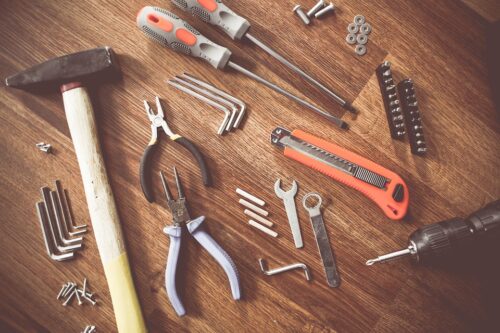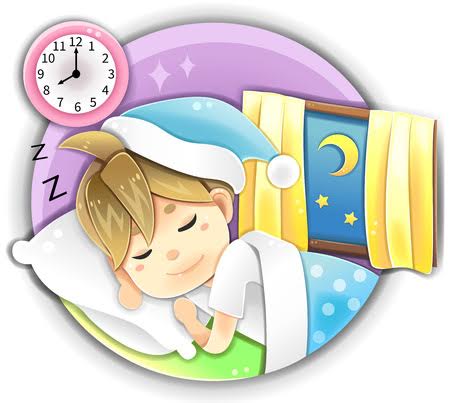
Moving into a new home is pretty much a life-changing experience, as it gives you a sense of a fresh start. Although it’s usually very exciting to move into a new home for the first time, the moving experience can be very stressful. You want to make sure you limit the stress as much as possible. So, congratulations on acquiring your new home, but here are some important things you need to do first before you finally move in.
- Complete all repair works
Unless you don’t have the luxury of time, it’s best to ensure that you complete every important repair work on the building before you move in. you probably don’t want to deal with the inconvenience of repairing a roof or plumbing work in your bathroom. In contrast, you’ve already packed into your new home. That’s why it’s best to handle them before move-in day.
It is possible to handle minor touches and external or outdoor repairs after moving, as they might not cause any major inconvenience.
- Boost your security
You can’t take security issues for granted, even if your new home is located in a safe neighborhood. The last thing you want is to experience a break-in during your first night in your new home. The first security move you should make is to change every lock in your home. This is especially important if the property has been on the market for long or you’re moving in after previous occupants. You can never be too sure if anyone else still has spare keys to your new home. Also, put other measures in place to secure your home, from burglar-proof upgrades to your home’s fencing.
- Electrical upgrades
If you’re moving into a new home, you’ll probably have every electrical outlet you need already installed. But moving into an older home could mean needing to redo the wiring system. If there are currently no faults with the old wiring system, you might be tempted to consider moving in and upgrading it later. But it is easier to get it done when there’s nothing in the building that serves as an obstruction. Additionally, it wouldn’t be a good idea to wait until something goes faulty before you make your electrical upgrades.
- Deal with health hazards
Another important thing worth handling before moving into your new home is health hazards in various forms. From mold infestations to pest issues, you probably already know how dangerous any form of health hazard is. Ordinarily, your safest option will be to avoid purchasing or renting a property that comes with health hazards. But if it’s already too late to change your mind, be sure to hire experts to rid your home of any potential source of health issues.
- Tenancy agreement
If you’re renting your new space, you must have every aspect of your tenancy agreement sorted before you move in. ensure that you clearly understand what the terms say and agree. Be sure that it spells out your rights, responsibilities and covers issues of liability, pets, repair works, and so on.






















